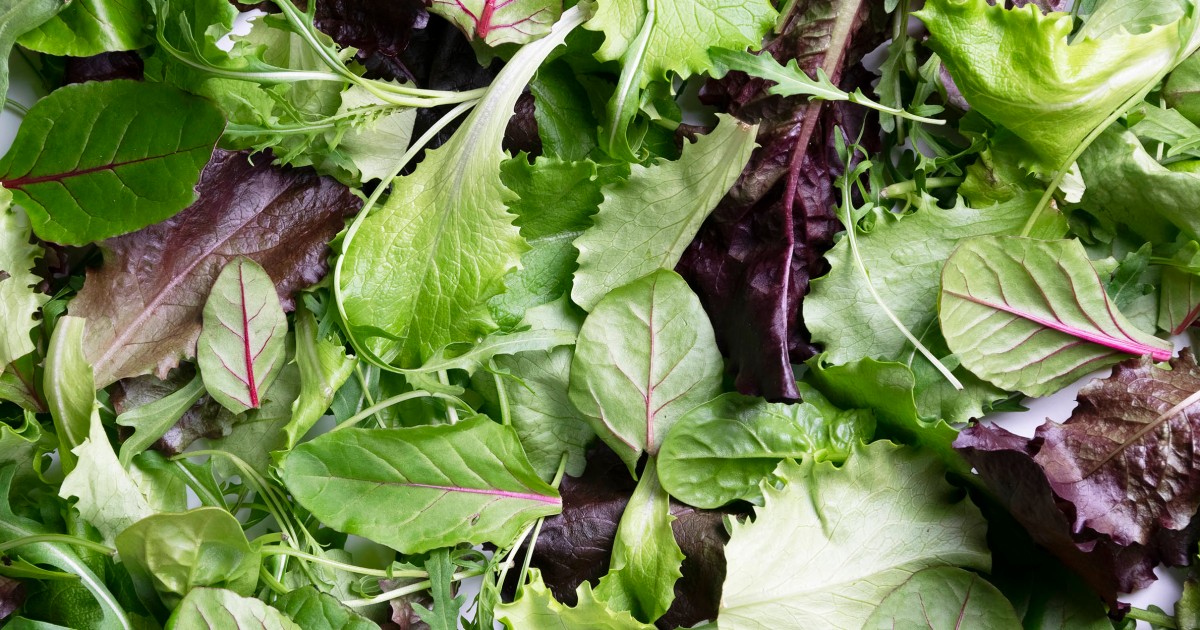- Type 1 diabetes is a complex disease with autoimmune ramifications, and the risk for it often involves genetic factors.
- Researchers are interested in discovering what additional risk factors contribute to someone developing type 1 diabetes.
- Recent study results suggest that eating more of certain foods like oats, cereals with gluten, and fruits may increase the risk for type 1 diabetes.
- In contrast, consuming more of certain vegetables may decrease risk for type 1 diabetes.
The study explored how specific foods related to type 1 diabetes development. Researchers were able to study the diets of over 5,000 children who were genetically susceptible to type 1 diabetes.
When looking at all foods combined, oats, cereals with gluten, and fruits were associated with an increased risk for type 1 diabetes-related endpoints, and cruciferous vegetables were associated with a decreased risk. The results will likely spark further research into how diet plays a role in type 1 diabetes development.
Type 1 diabetes mellitus is a type of diabetes that has differing risk factors from type 2 diabetes. One significant risk factor is having a family member who has type 1 diabetes.
Rebecca Hicks, MD, a board-certified pediatric endocrinologist and medical director at the MemorialCare Miller Children’s & Women’s Hospital Long Beach Endocrine and Diabetes Center in Long Beach, CA, who was not involved in the recent study, explained to Medical News Today that:
“Type 1 diabetes occurs most frequently in individuals with a genetic predisposition towards autoimmune conditions — including family history of type 1 diabetes, thyroid conditions, and celiac disease — with environmental factors influencing this risk. It is thought that a viral infection such as enterovirus ‘unlocks’ this underlying genetic risk, and over time the individual goes on to develop type 1 diabetes.”
Type 1 diabetes is related to an
Researchers are interested in understanding what factors contribute to the autoimmune response and the development of type 1 diabetes.
As noted in this recent study, one area of research that has received limited attention is how diet in early childhood could influence the autoimmune response in the pancreas and type 1 diabetes.
However, Hicks did note that “previous studies investigating the associations of dietary intake patterns in children have shown an increased risk for type 1 diabetes associated with
At the same time, she added, “eating higher amounts of cruciferous vegetables (i.e., broccoli, brussels sprouts, cauliflower, cabbage, kale) and berries [has] been
The researchers who conducted this study wanted to look at the relationship between certain food choices and type 1 diabetes development. They were able to look at 34 food groups through their data collection.
They considered a few different endpoints, including type 1 diabetes, islet cell antibodies plus biochemical islet autoimmunity, and multiple biochemical islet autoimmunity.
The endpoints of islet autoimmunity indicate the body’s autoimmune response that leads to the destruction and dsyfunction of the beta-cells of the pancreas.
All of the participants were genetically susceptible to developing type 1 diabetes. The researchers looked at dietary intake using repeated 3-day food records starting when participants were 3 months old.
Throughout the data collection period, 94 participants developed type 1 diabetes, 247 developed islet cell antibodies plus biochemical islet autoimmunity, 206 developed multiple biochemical islet autoimmunity, and 64 experienced “progression from islet autoimmunity to type 1 diabetes.”
In their analysis, researchers used both one-food and multi-food models. They were able to adjust for factors like sex and familial diabetes. They thus identified foods associated with increased or decreased risk for type 1 diabetes-related endpoints.
For example, they found that oats and bananas were associated with islet cell antibodies plus biochemical islet autoimmunity. Oats, bananas, fermented dairy, and wheat were associated with multiple biochemical islet autoimmunity.
However,
When looking at all the foods together, the study authors concluded that eating more cruciferous vegetables was associated with a decreased risk for several type 1 diabetes-related endpoints, while eating more oats, cereals with gluten, and fruits was associated with an increased risk.
Hicks noted the following about the study results:
“This study is consistent with findings of previous related studies, as the results show an increased risk of type 1 diabetes associated with higher dietary intake of gluten-containing cereal, oats, rye, banana, and fruits. It also shows decreased risk associated with higher intake of cruciferous vegetables and berries. Restricting a child’s dietary intake too much can lead to inadequate nutrition, and the research findings do not show a clear benefit in complete elimination of any dietary category. However, there may be some benefits of increased intake of cruciferous vegetables and berries as part of a well-balanced diet.”
Since the full details of the study are not available to the general public at this time, given that it has not been published in a peer-reviewed journal yet, this makes it challenging to examine the limitations of the research.
Nevertheless, some potential limitations do stand out The first is that collecting data on children’s diets can be challenging, and the data researchers were able to analyze relied on reports from parents.
The DIPP study, moreover, only included participants in Finland, so there should be caution in generalizing the results. It is also possible that unknown factors could have influenced the results, even though researchers accounted for factors like energy intake and familial diabetes.
The study authors note that future research can help confirm that food choices can impact the autoimmune process that leads to type 1 diabetes development or verify that this isn’t the case.
Suvi M. Virtanen MD, PhD, one of the study authors, and a research professor at the Finnish Institute for Health and Welfare, told MNT:
“Our research strongly suggests that diet is important in the development of type 1 diabetes. Our findings of course need to be confirmed by other studies. At this time we are not able to give any dietary guidelines to prevent type 1 diabetes […] We need to find out what factors in these commonly eaten nutritionally important foods associate with increased disease risk. [For example], are environmental toxins playing a role? Also the confirmation of the results by other studies is necessary.”
Daniel Ganjian, MD, FAAP, a board-certified pediatrician at Providence Saint John’s Health Center in Santa Monica, CA, who was not involved in this research, pointed to a few potential research pathways that could be helpful in the future.
Read the full article here
















